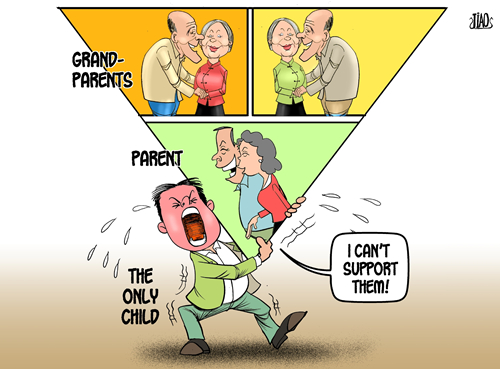It is a great honour to be here today. I lived and worked for two years with the British, US and Afghan military in the war-zone of Helmand, southern Afghanistan, during which time our coalition forces were losing lives on an almost daily basis. And my eldest son is a British army officer who could be deployed on operations at any time. Therefore I know from personal experience about the good that our armed forces can achieve in trying to stabilise places in the world that are shattered by conflict. And I know about the sacrifices that brave military personnel are often called upon to make.
I repeat that it is an honour to be here today.
I echo the US Ambassador’s congratulations to President Lungu, to the Government, to the Zambian Defence forces, and to the Zambian people, for supporting peace and security mission in Africa, with boots on the ground.
I am glad that British Army trainers could assist again with the Zambian Defence Force’s pre-deployment training, in 2017 as we did in 2016. The training of ZAMBATT 3 over the last 2 months has been a joint effort between Zambian, US and UK trainers: the Zambian Army under Colonel Changala, US African Contingency Operations Training & Assistance under the direction of Curtis Crum, and British Army under WO1 Regimental Sergeant Major Ash Curson.
The training package involved individual specialist courses ranging from advance medical training to creating and training the female engagement teams rightly highlighted by the US Ambassador. This training then progressed from training individuals to Companies of around 120 personnel, and to the whole Battle Group 750-strong.
I wish to thank the Zambian and US teams for their patience in trying to understand the wide variety of British accents within the UK team. While Britain can’t compare with Zambia for the number of local languages spoken, we display our diversity through regional accents and dialects which can be difficult to comprehend when first heard, even for fellow countrymen like myself.
The British team have described to me the training as “testing”. I gather that Mr Crum and Colonel Changala, who designed, coordinated and, ran this package, are not the kind of trainers who would allow anyone to have an easy or comfortable time.
Credit must go to Colonel Changala, and his Zambian trainers, who worked tirelessly to ensure their fellow country men and women are now well placed to achieve a positive effect in the Central African Republic.
Mention should be made of the Zambian Air Force contingent, under the command of Col Alipher Phiri, who have been put through their paces – from base protection to helicopter casualty evacuation exercise. I wish you well with your probable mission to South Sudan.
I wish to pay tribute, as well, to Lt Col John Banda, CO of ZAMBATT 3, for the sterling effort he and his headquarters team have put into shaping ZAMBATT 3 into an effective force of which Zambia can proud.
ZAMBATT 3 can expect a challenging tour, with your subunits spread over great distances in a confusing and contested environment, where the belligerent forces are neither easily defined nor contained.
ZAMBATT 3, you represent a glimmer of hope to the people of the Central African Republic. Treat them with respect. Since you are guests in their land, the onus will be on you to understand their story, their pain and anger, after the trauma they have experienced. When you finish your work in their country, let them remember the people of Zambia with affection and pride.
Lt Col John Banda, I wish you and the men and women of ZAMBATT 3 the best of luck. From what my British Army colleagues have told me, I don’t believe that ZAMBATT 3 will be found wanting.
read more


